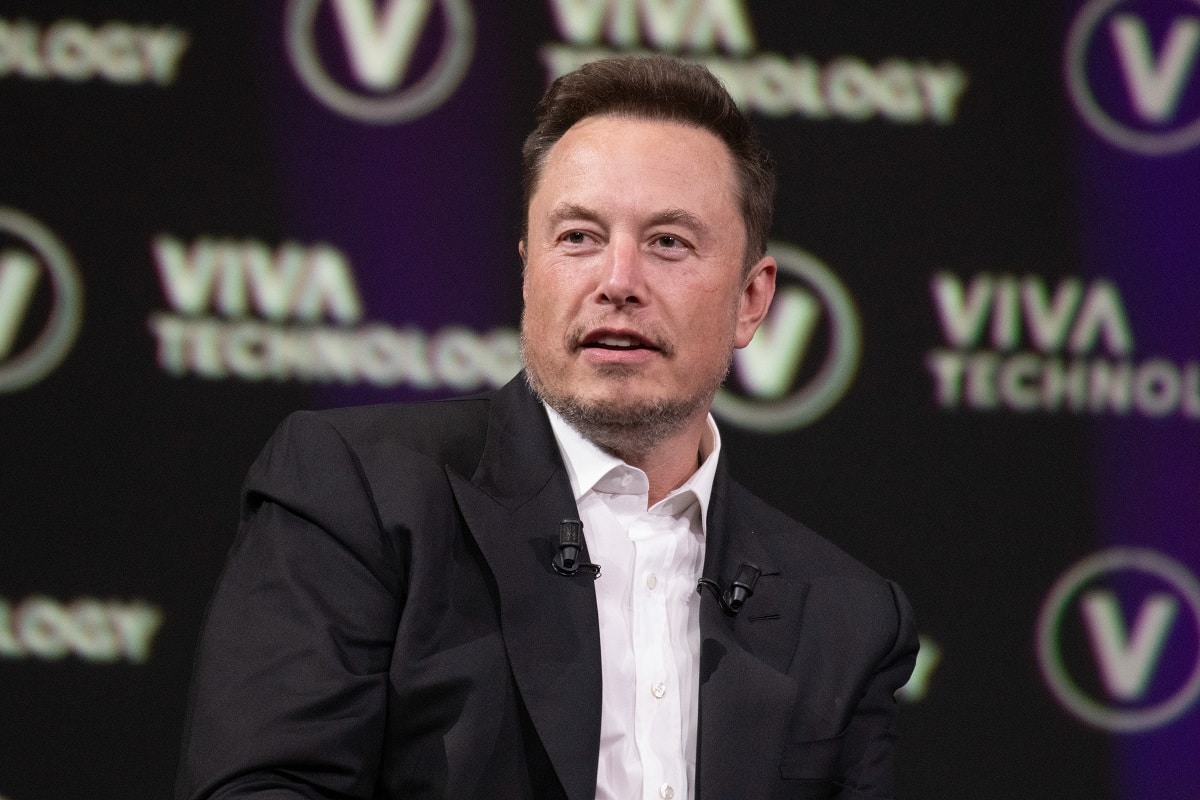Elon Musk’s involvement with OpenAI began with visions of a nonprofit promoting beneficial AI for the public, but as funding demands grew, disagreements emerged over shifting to a for-profit model. This led to Musk’s legal battles against OpenAI for deviating from its foundational mission, adding to the growing list of legal troubles Musk is facing.
Elon Musk and OpenAI
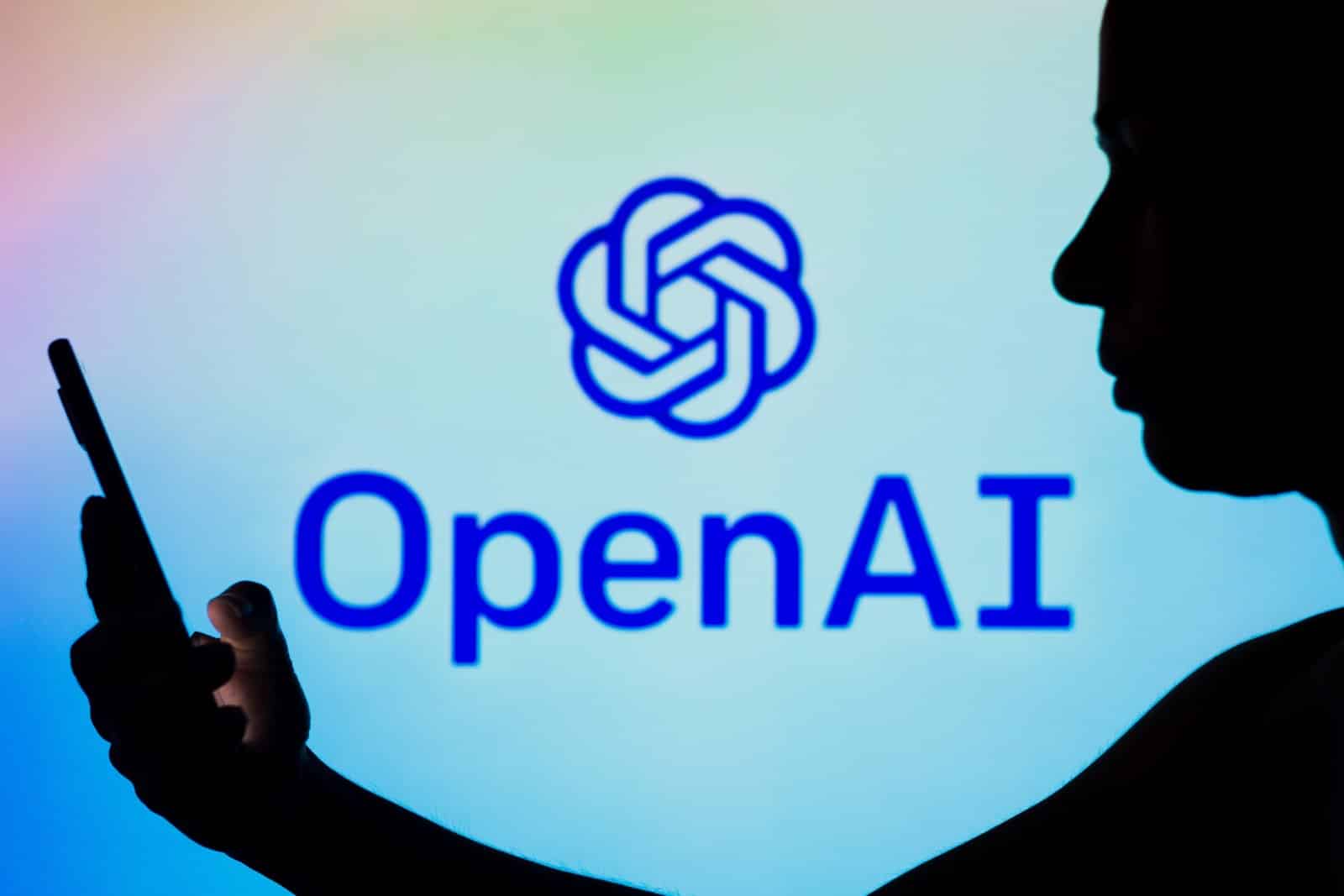
Back in 2015, the tech world buzzed as Elon Musk, a visionary in his own right, played a pivotal role in launching OpenAI alongside Sam Altman.
An Outspoken Supporter
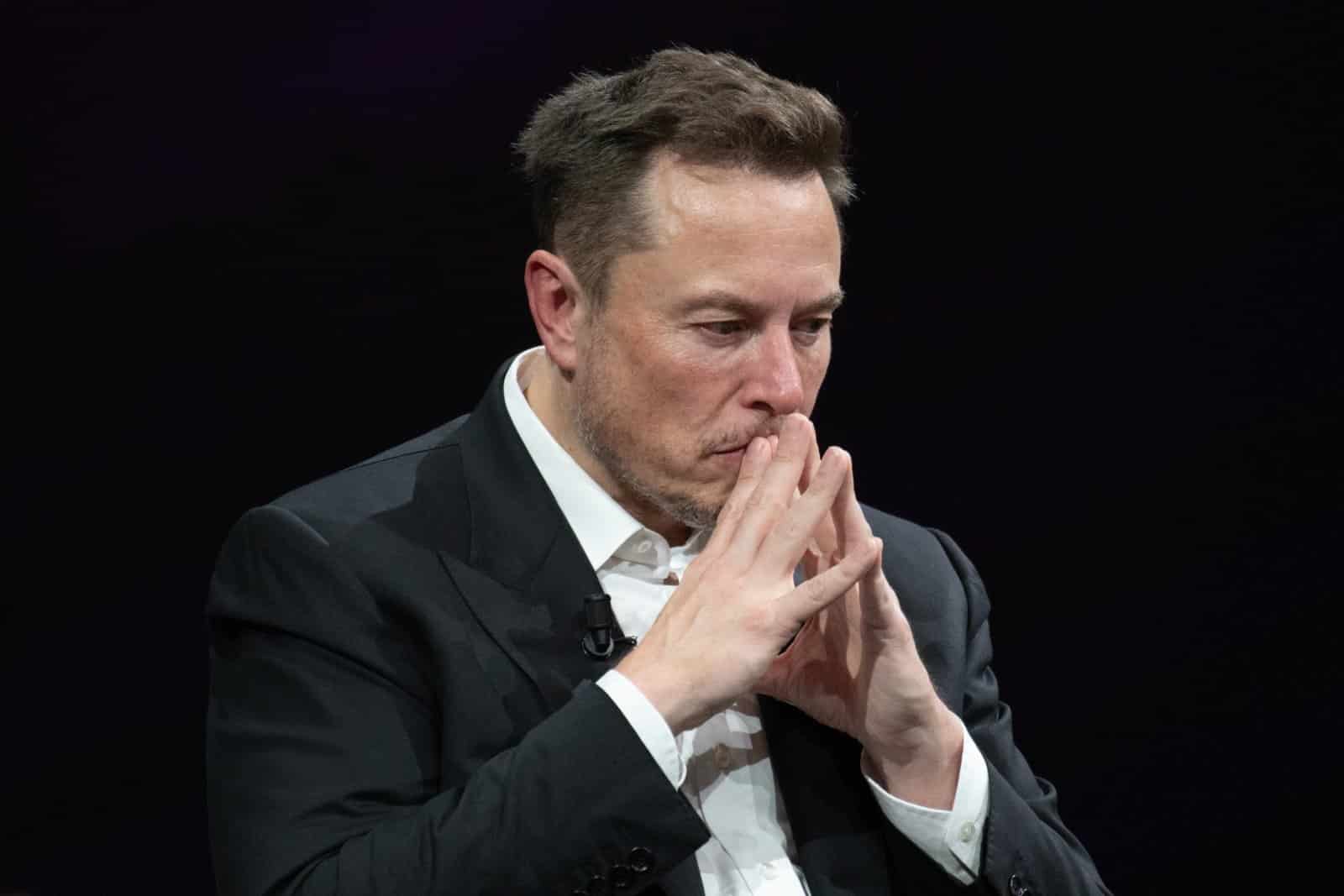
Musk wasn’t just a silent backer; his involvement came with substantial financial support, and he received a seat as co-chair of the board.
Open AI’s Goal

The original aim behind OpenAI was to foster AI development that would benefit the public on a grand scale under the umbrella of a nonprofit organization.
Pivoting Plans

However, as ambitions grew, so did the realization that a bigger source of funding would be needed to reach their Goals. This led to a slight pivot from the original plan.
Musk Was Concerned
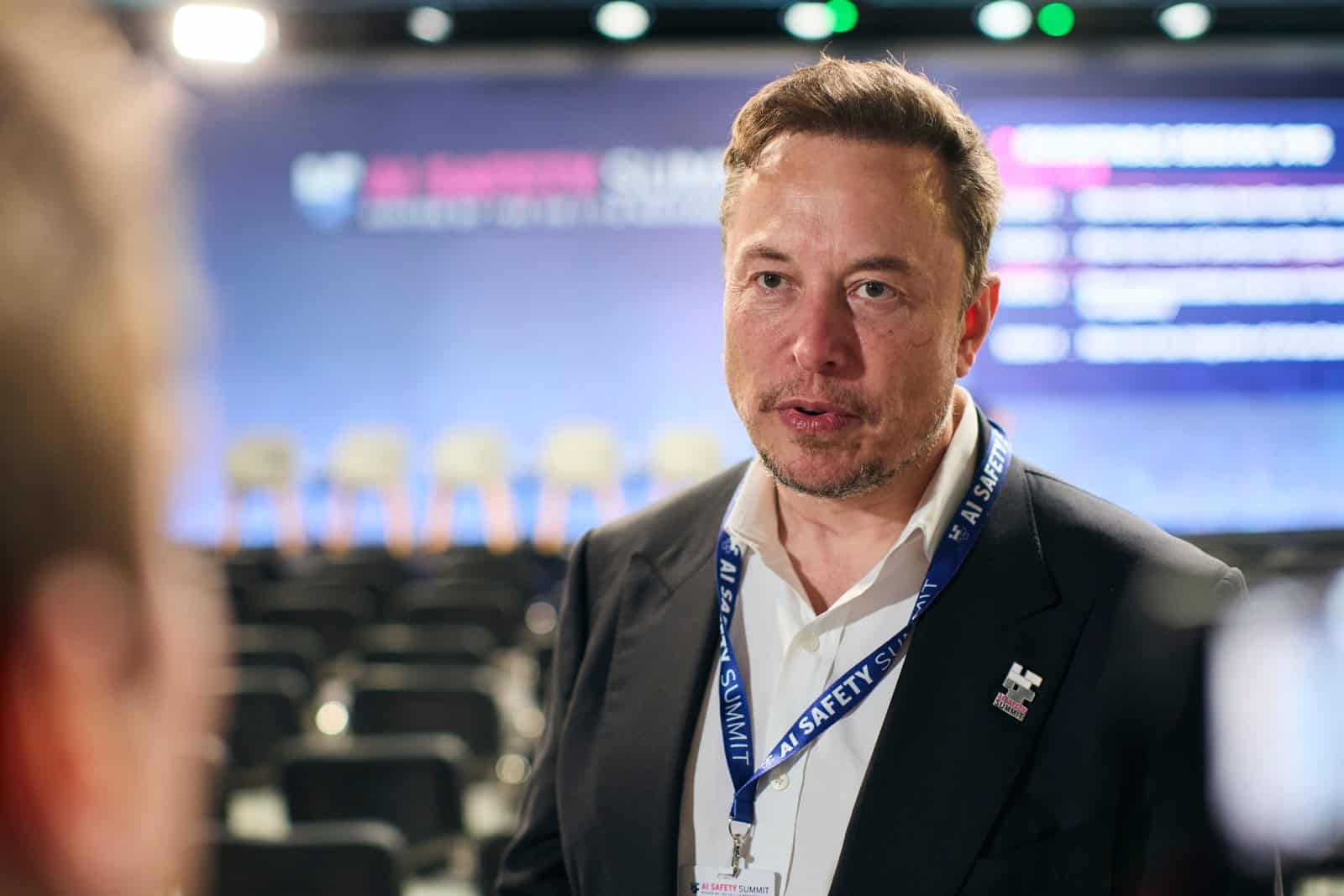
Musk and the leadership at OpenAI started to consider shifting gears to a for-profit model. Musk, however, voiced concerns that this move strayed from the founding principles of OpenAI.
Needing More Capital

In a recent blog post made by OpenAI, they discussed this realization and wrote, “We all understood we were going to need a lot more capital to succeed at our mission — billions of dollars per year, which was far more than any of us, especially Elon, thought we’d be able to raise as the non-profit.”
Evolving the Organization

The plot thickened in 2017 when Elon Musk and OpenAI found themselves at a crossroads over how the organization should evolve.
Musk Wants a Merger
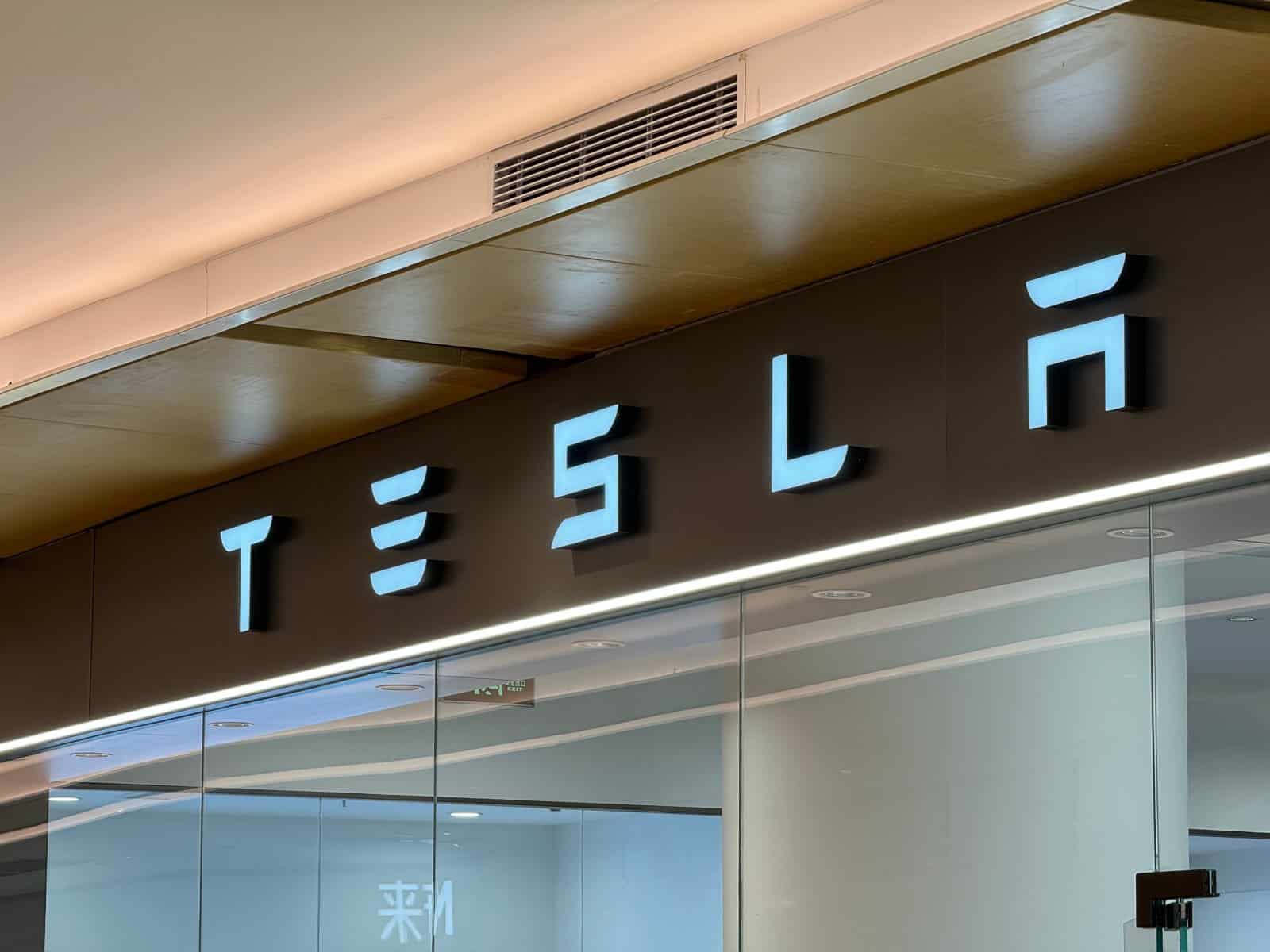
Musk, known for his bold strategies, suggested a rapid fundraising effort and even proposed merging OpenAI with Tesla.
Big Demands

In their blog post, OpenAI wrote, “In late 2017, we and Elon decided the next step for the mission was to create a for-profit entity,” and “Elon wanted majority equity, initial board control, and to be CEO. In the middle of these discussions, he withheld funding.”
Avoiding Musk
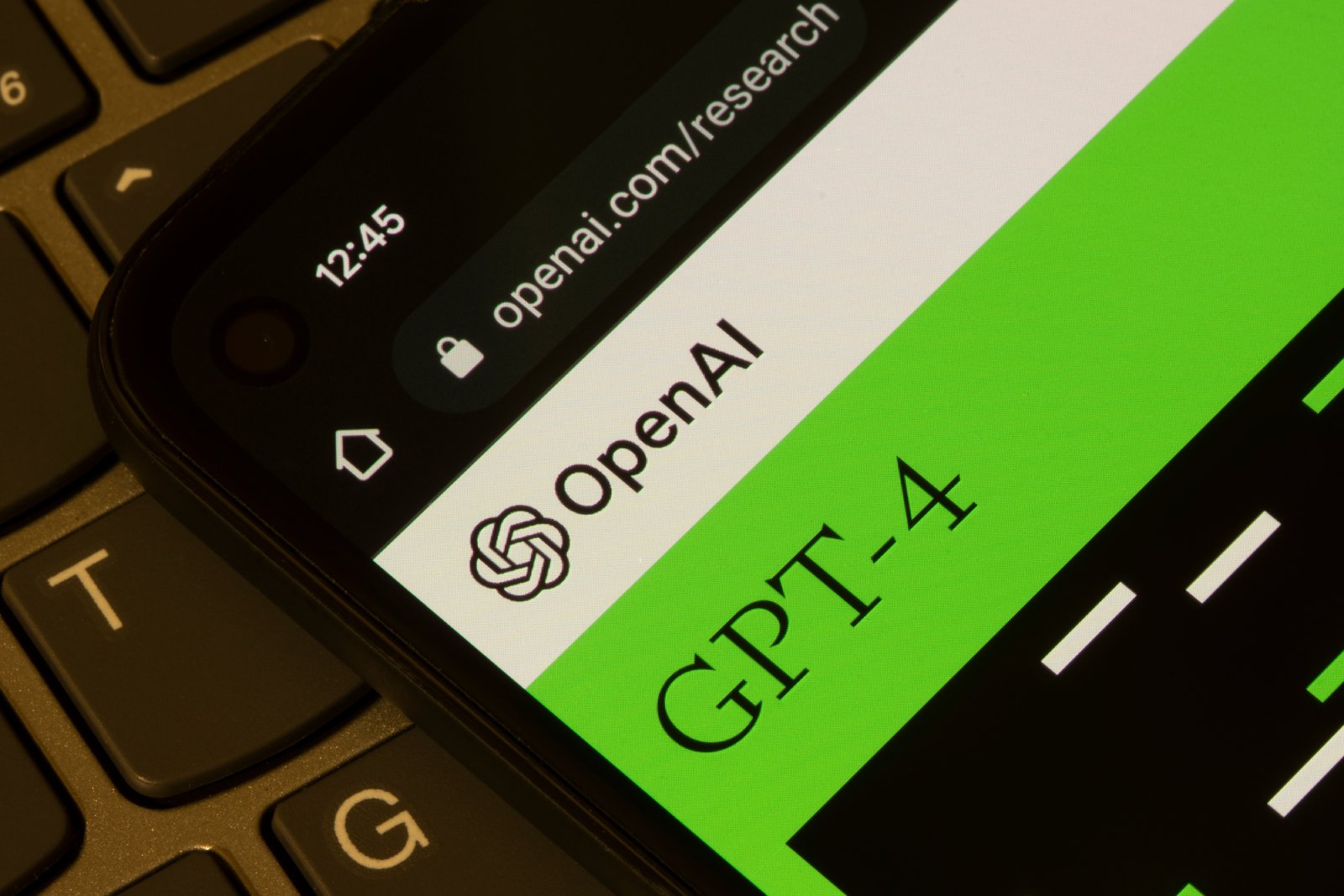
Musk’s vision was to create a formidable adversary to tech behemoths like Google. Yet, OpenAI stood its ground and resisted Musk’s push for a dominant stake and control. Instead, OpenAI stuck to a governance model that shied away from concentrating power in the hands of one.
The Legal Drama
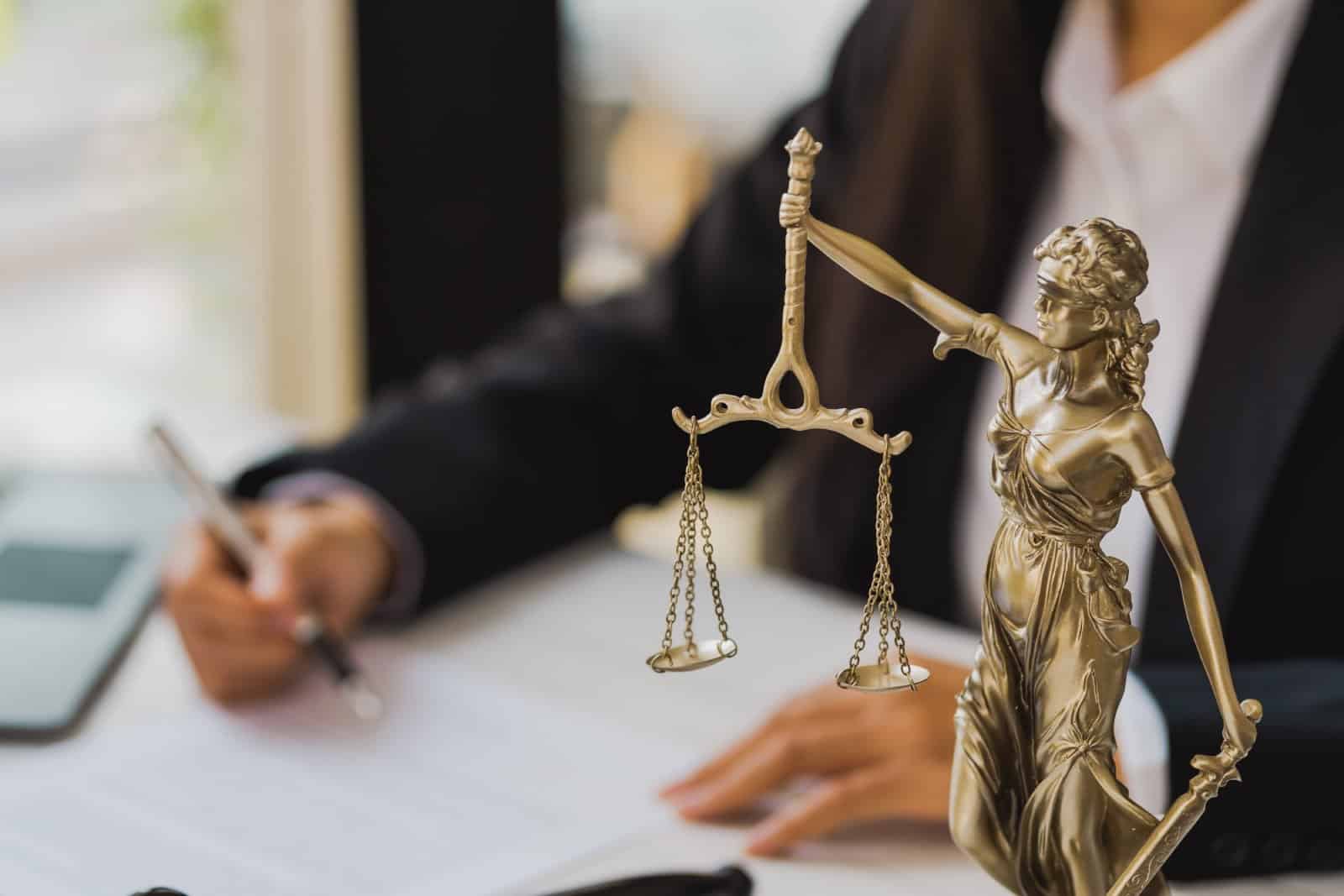
Then came the legal drama. Musk took his grievances to court, accusing OpenAI and its leadership, including Altman, of deviating from its foundational mission by restricting access to its AI research and becoming overly entwined with Microsoft, who had invested billions into the company.
Musk’s Accusation
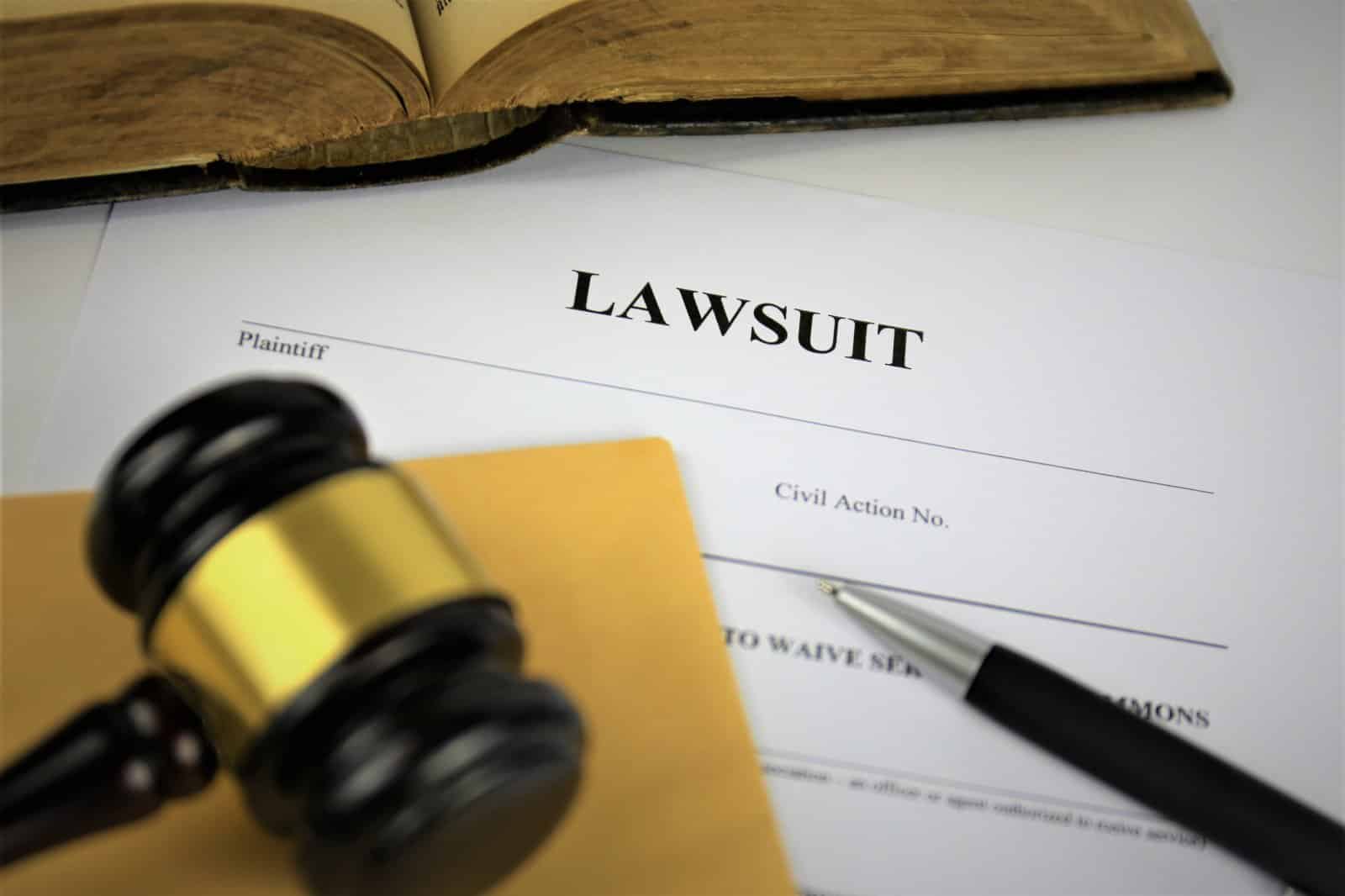
Musk’s lawsuit wasn’t just a jab; it aimed to block any financial gains from OpenAI’s advancements, accusing it of becoming a “de facto subsidiary” of Microsoft.
OpenAI Comes Back

OpenAI publicly refuted Musk’s claims, planning to dismiss the lawsuit and arguing that the transition to a for-profit model was part of a mutual agreement to ensure the organization’s sustainability and competitiveness.
Dismissing the Claims

In their post, OpenAI also wrote, “The mission of OpenAI is to ensure AGI benefits all of humanity, which means both building safe and beneficial AGI and helping create broadly distributed benefits“ and, “We intend to move to dismiss all of Elon’s claims.”
Musk’s Legal Troubles
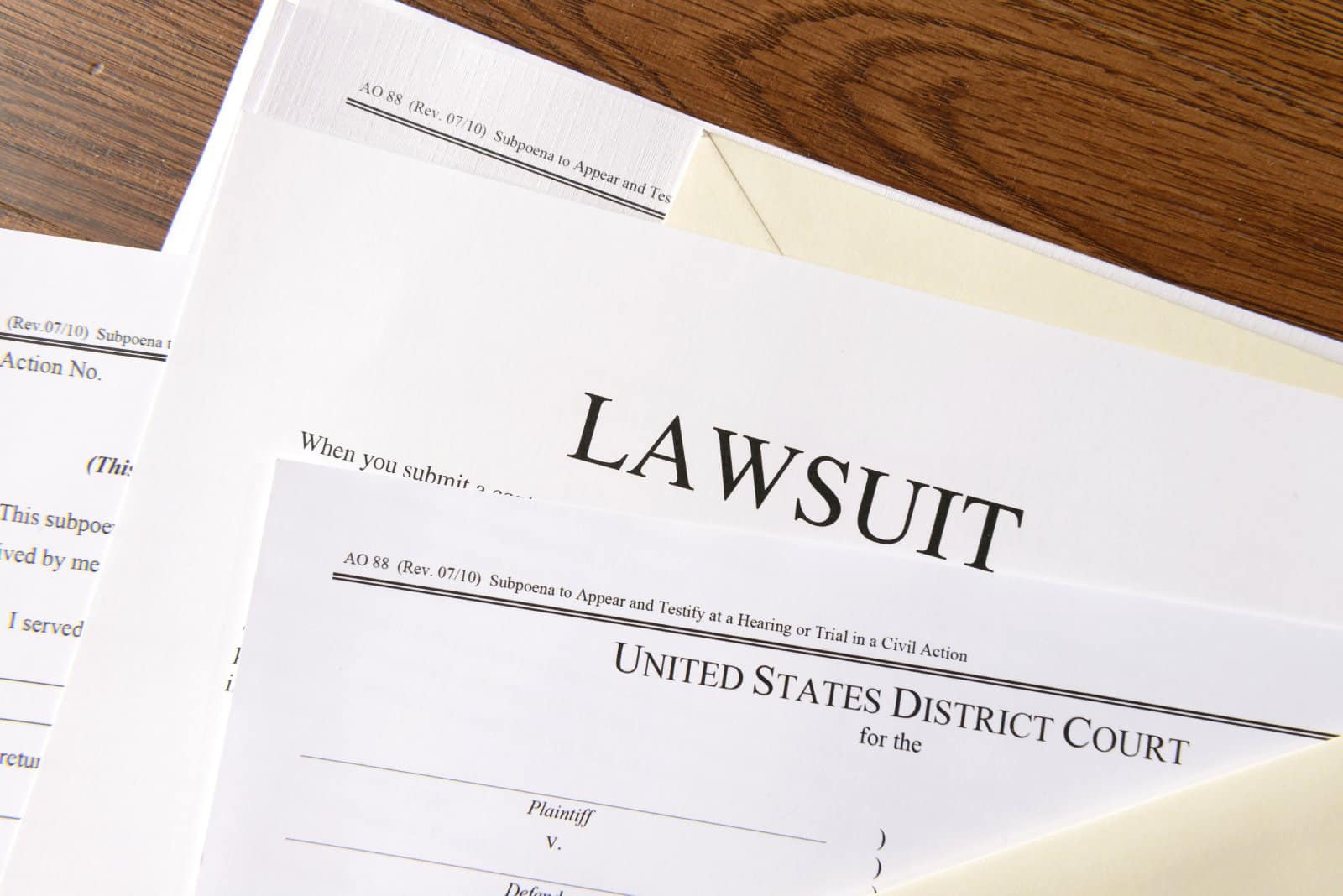
Meanwhile, Musk’s legal entanglements aren’t limited to OpenAI. He’s also been involved in a lawsuit with former Twitter executives, including CEO Parag Agrawal and CFO Ned Segal.
Fired Without Cause
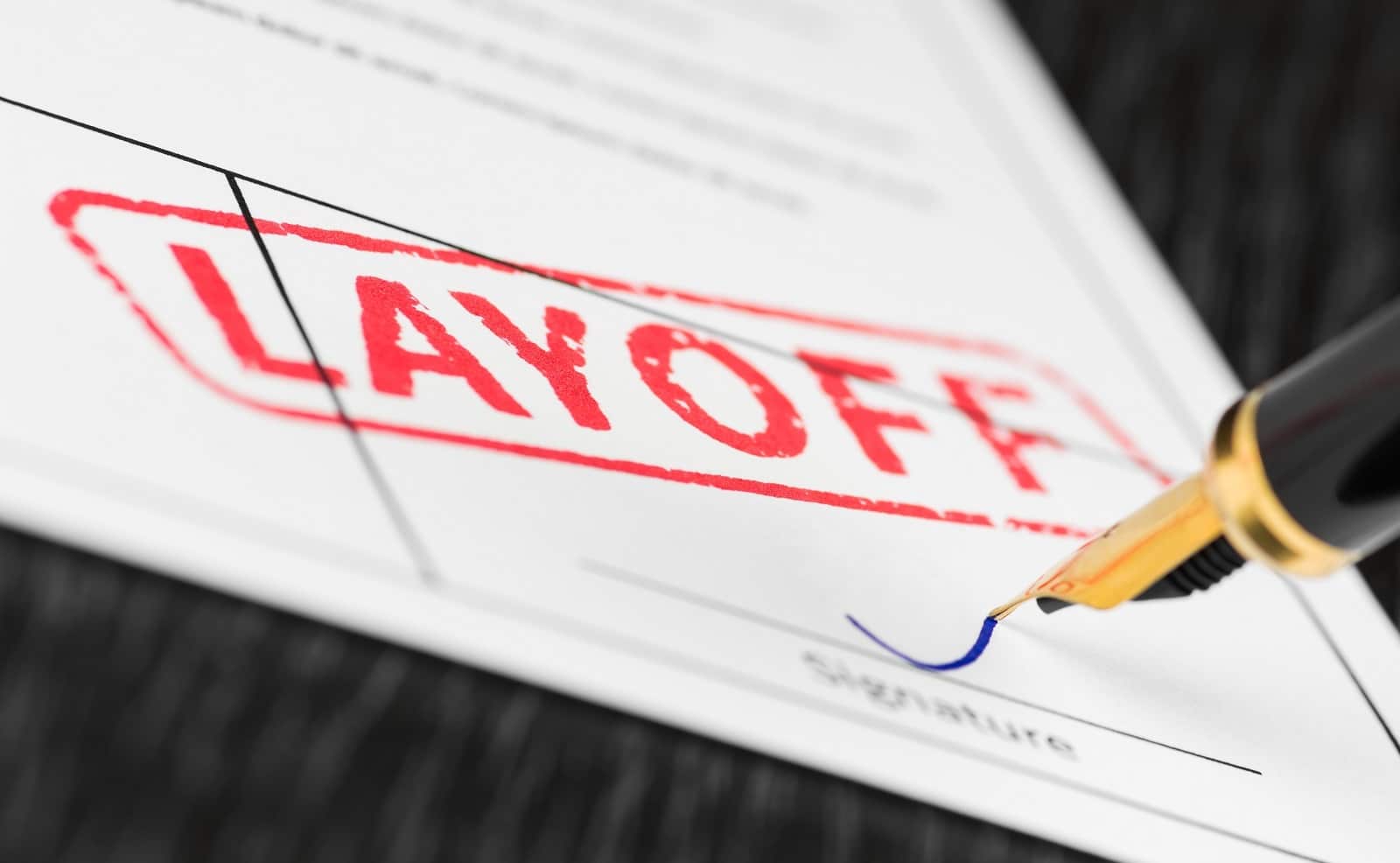
They claim Musk fired them without cause, sidestepping over $128 million in severance pay after taking over Twitter and transforming it into X.
A Broader Pattern
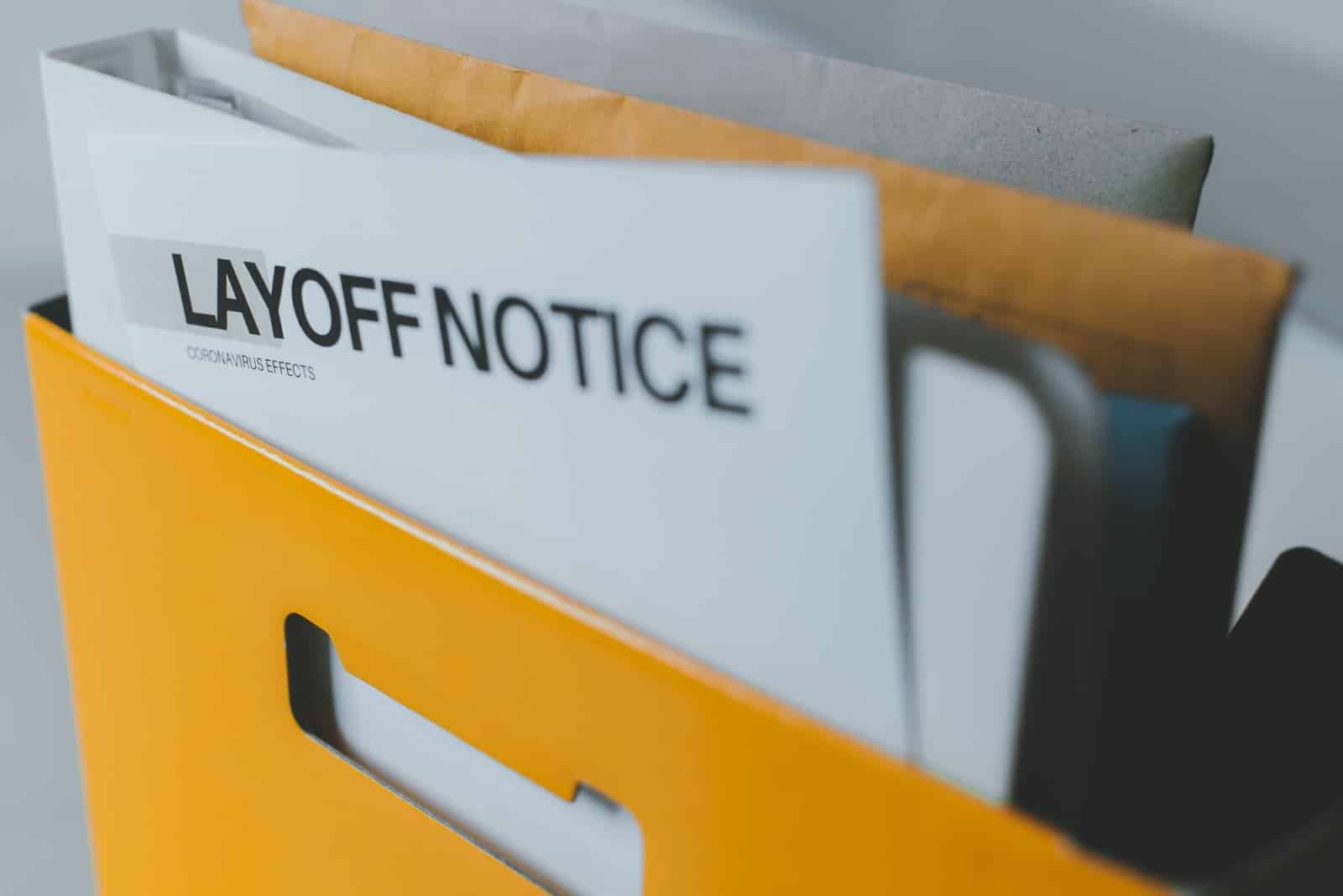
The execs allege that Musk concocted reasons for their firing as part of a broader pattern of shirking financial commitments that never actually happened.
A Pointless Effort
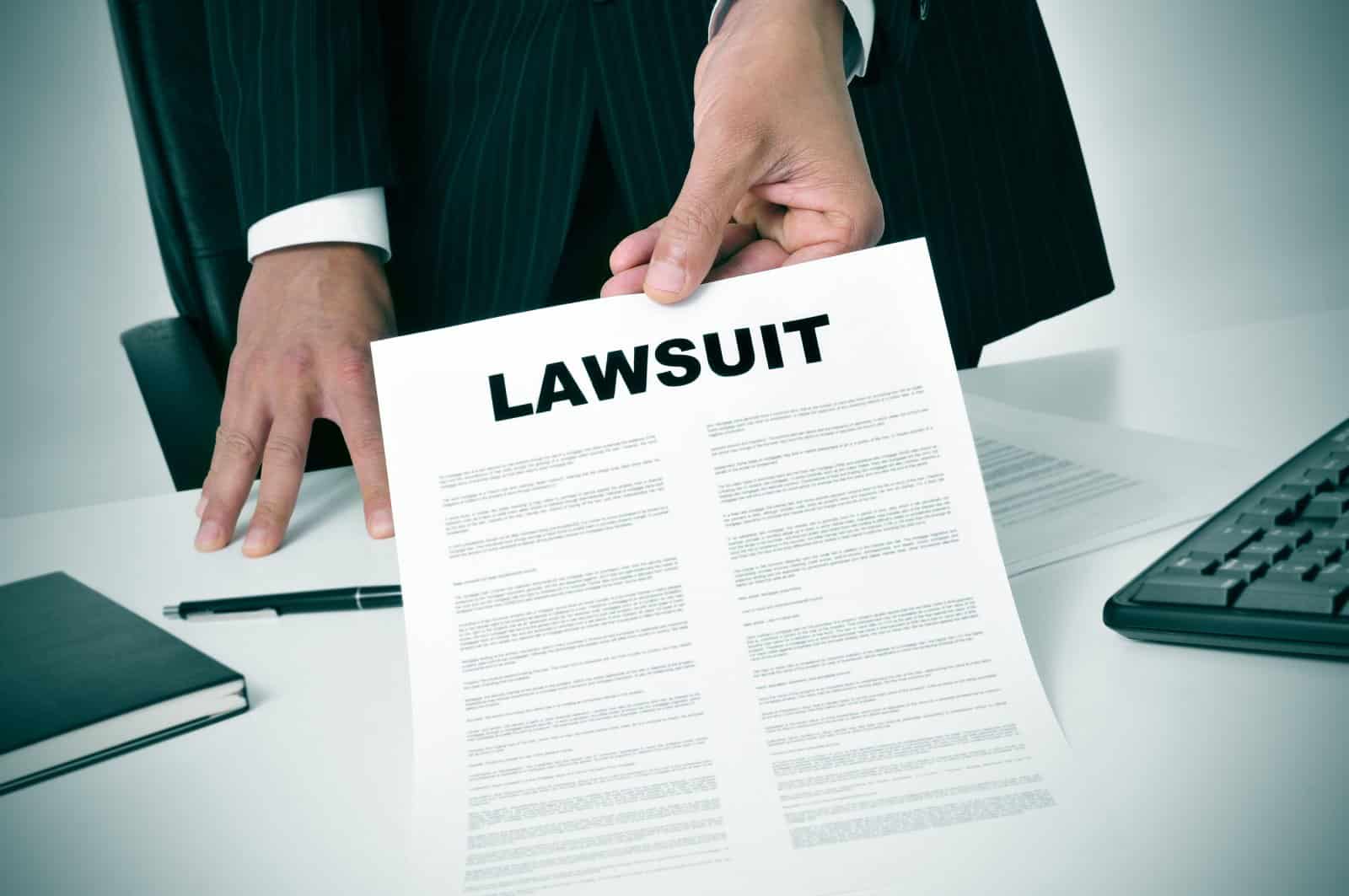
The lawsuit said, “If anyone around Musk had been willing to tell him the truth, he would have learned that his scheme to deny Plaintiffs their contractual severance payments was a pointless effort that would not withstand legal scrutiny.”
Legal Conflicts
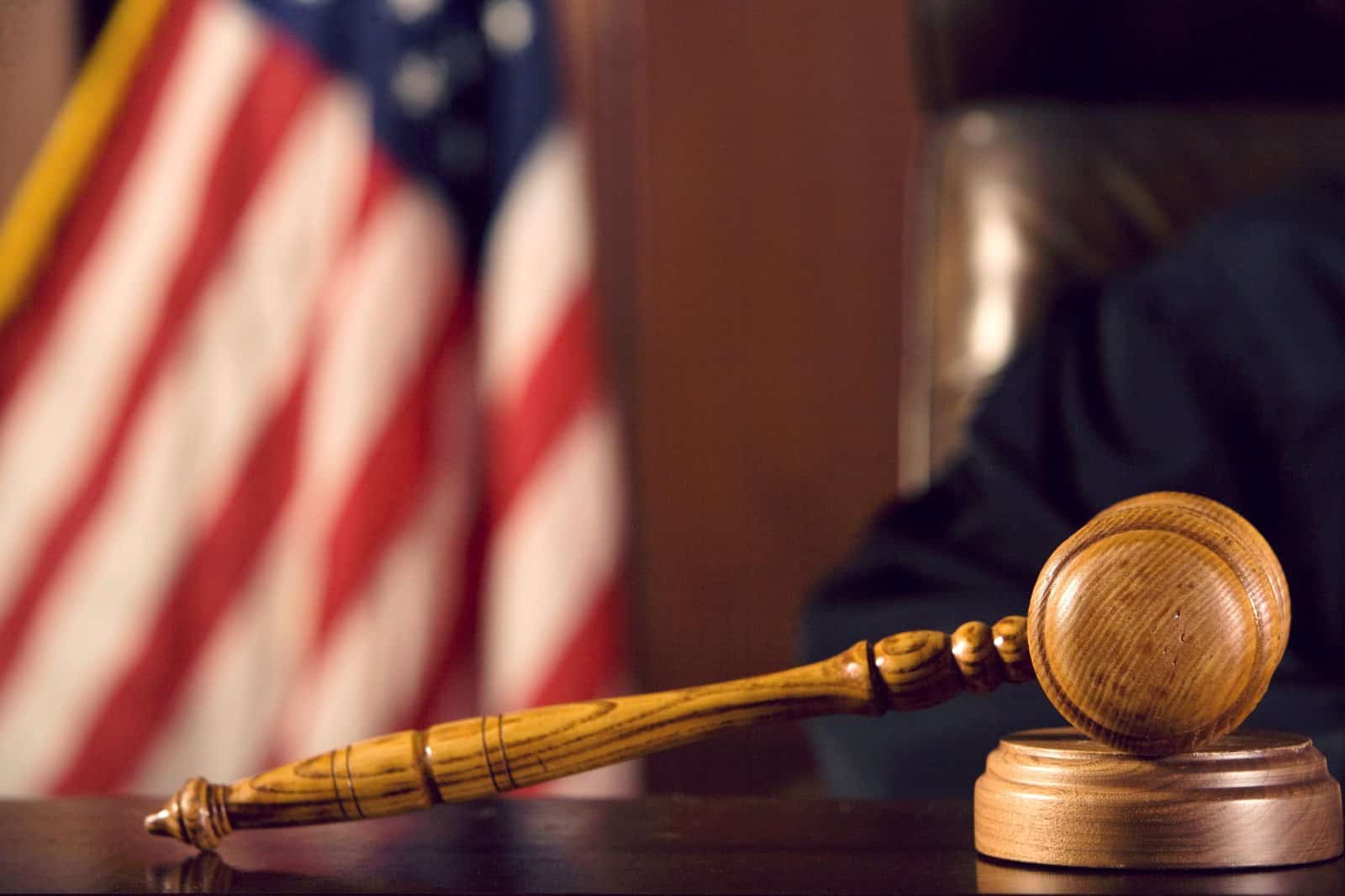
These legal battles spotlight Elon Musk’s complex relationships with the tech entities he has supported or acquired, revealing conflicts over control, financial obligations, and the fulfillment of original missions.
The post Elon Musk at Odds with OpenAI in ChatGPT Dispute first appeared on Liberty & Wealth.
Featured Image Credit: Shutterstock / Frederic Legrand – COMEO.
The content of this article is for informational purposes only and does not constitute or replace professional financial advice.

